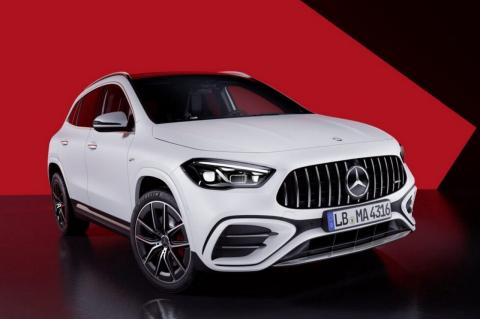Manufacturers say that electric car batteries have a useful life of 20 years, but is this true?
Given that the battery represents between 50 and 70% of the value of a plug-in, it is more than justified that extending its useful life is one of the main concerns of users. A study reveals how long electric car batteries really last and
The report published by the Recurrentauto.com website has taken into account the opinions of more than 15,000 users of electric cars and reveals that only 8% of plug-in cars with more than 10 years old have had to assume the replacement of the battery by a new. Regarding the most affected models, the study highlights the Chevrolet Bolt and the Hyundai Kona, although it must be clarified that in both cases they were equipped with defective LG Chem batteries.
How long does an electric car battery last?
If we asked manufacturers about the duration of the batteries in their electric cars, the general answer would be between 15 and 20 years. This is a forecast since the plug-in plugs have not been on the market long enough to know for sure what the average useful life of this element is.
Recurrentauto.com’s report takes into account the experience of electric vehicle drivers who have been asked if they have had to change the original battery for a new one since they bought their electric car. The answers provided show that, in general, lithium-ion batteries are a very reliable element, since only 1.5% of the 15,000 respondents have had to assume this expense.
The report also shows which models have had to replace the battery the most times. The results are shown in the table that we reproduce below, but first it is important to clarify that, except in the case of the Chevrolet Bolt and the Hyundai Kona (both affected by defective LG Chem batteries), the models with the most changes are those that have longer on the market, then the change is not so much due to failure as to age.
How electric car batteries degrade
The report also reveals that the degradation of electric car batteries is not linear. It is in the first 50,000 kilometers that it loses the most capacity, while after 120,000 km the degradation is slower and more stable.
This means that most of the battery changes that the respondents have had to do have been carried out while the battery was under warranty, which has meant expenses for the owners.
Tips to extend battery life
Finally, the authors of the report provide a series of tips to extend the useful life of electric car batteries. In this sense, one of the most important recommendations is not to overuse high-power direct current charging as it accelerates the degradation of the chemical microstructures of the cells.
It is also advisable not to rush the autonomy and whenever possible to recharge when the level has not dropped below 20% and without exceeding 80% of the total capacity.










